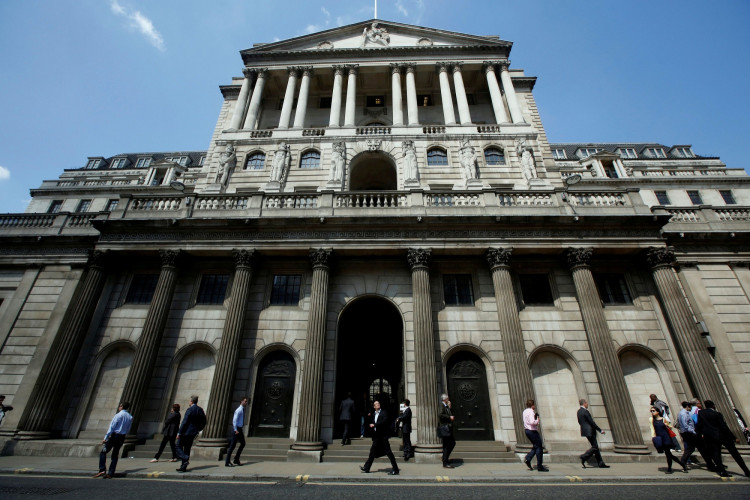The UK's central bank announced on Wednesday that it has cut the country's interest rates by half a percentage point. The Bank of England also revealed that it will be increasing its support for bank lending to help the economy avoid a possible recession brought about by growing fears of the continued spread of the novel coronavirus.
The announced double-barrel stimulus program came right before the government is expected to unveil its spending plans to bolster the economy's resilience. Bank of England governor, Mark Carney, announced that the main interest rate has been cut to a record low of 0.25 percent to offset growing fears of a recession and market crash.
Carney mentioned in an interview with reporters that the cut was a necessary move to make given the bank's role in supporting UK businesses and households in managing the economic shock. The official added that the effects of the epidemic could prove to be significant but he believes that it would only be temporary.
In response to questions regarding the two-part stimulus program, Carney stated that the bank's package is significant as it is roughly equivalent to more than 1 percent of the country's economic output. He added that the bank is working closely with relevant government agencies to make sure that the stimulus would have a maximum impact.
The decision to cut interest rates further, the bank's first rate cut since August 2016, was made after it noticed a "sharp fall" in trading conditions over the past few weeks. Carney pointed out that they had noticed particularly poor conditions in the country's retail sector, which had hit the hardest following the spread of the virus at the start of the year. Official data showed that the country's economy flat-lined in January and has yet to recover.
Following news of the rate cut, the Pound Sterling fell against the dollar by almost one cent. The currency then managed to recover slightly, returning to its post-cut levels of around $1.293.
As for its announce support for bank lending, the Bank of England stated that it will be allowing banks to release additional capital through a counter-cyclical capital buffer. Through the special capital buffer, banks will be able to continue lending to households and businesses.
UK Finance Minister Rishi Sunak is set to unveil the country's first budget, which is expected to include added funds towards healthcare aimed at fighting off the viral. The budget is also expected to include further stimulus to stave off a possible recession.





